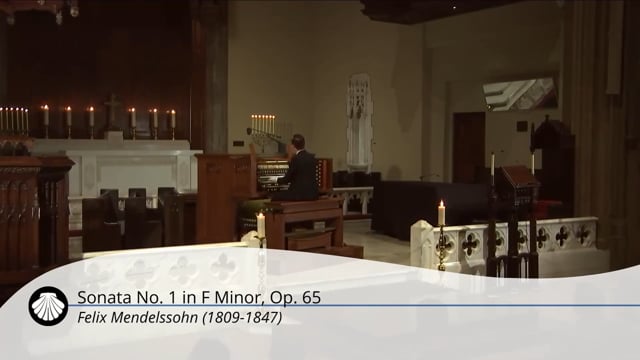
Austin Organs, Inc., Hartford, Connecticut announces the appointment of Floyd Higgins as Senior Design Engineer.
Higgins rejoins the Austin team as the head of the design team. He graduated from Trinity College where he studied organ with John Rose, and from Yale University as a student of Thomas Murray.
He worked for Austin Organs from 1988–1996 directly with President Don Austin and Vice President Fred Mitchell.
For information: www.austinorgans.com/.





